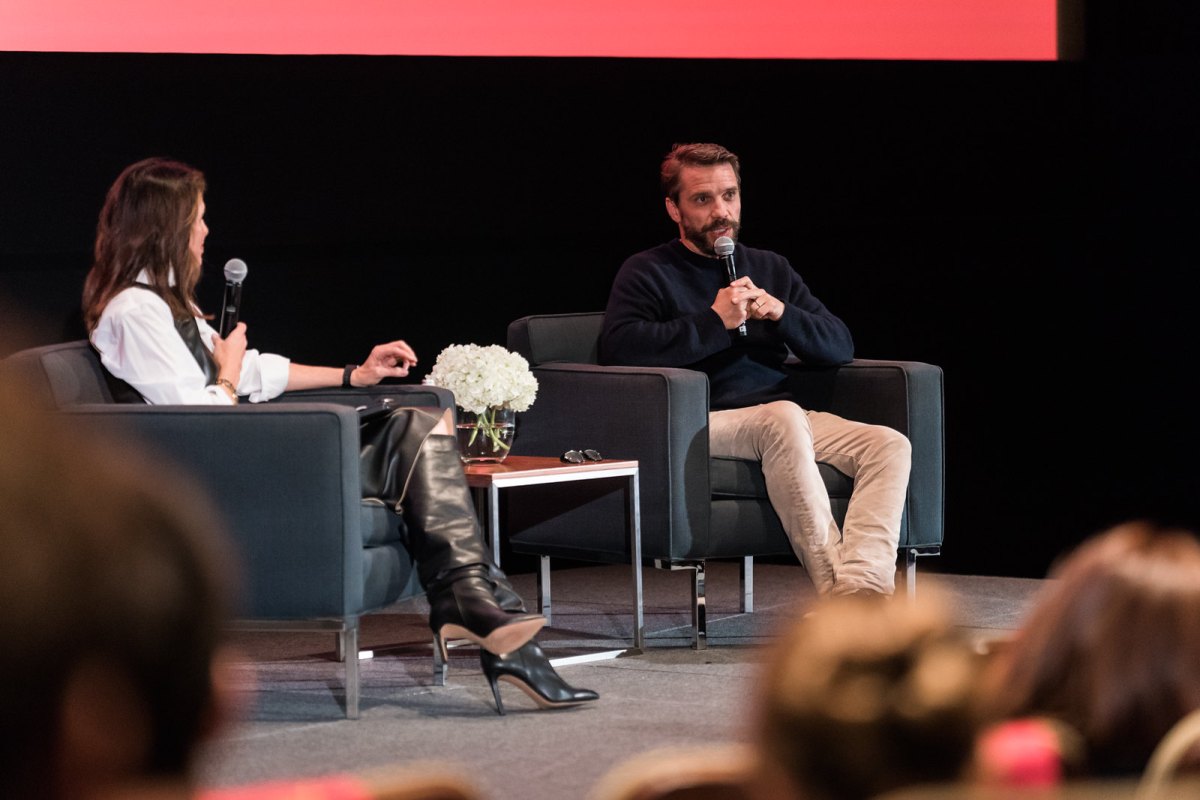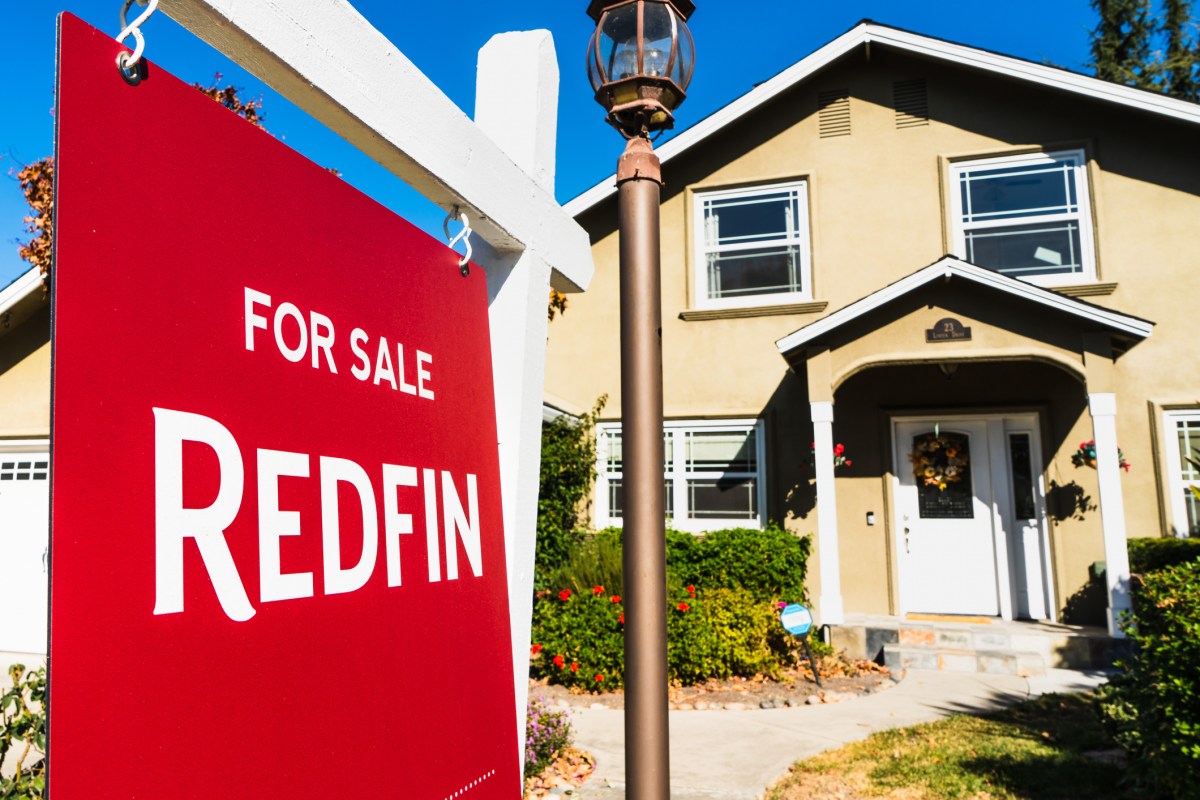At 11 a.m. in California last Thursday, the day after President Donald Trump declared sweeping new tariffs under what he dubbed “Liberation Day,” Ryan Petersen, the founder and CEO of Flexport, a now 12-year-old global logistics and customs brokerage firm, was live on camera, addressing a virtual room packed with over 2,300 anxious customers. Having spent the previous night studying the fine print, Petersen was prepared to explain the implications of a dizzying new reality for U.S. importers.
During his appearance at TechCrunch’s StrictlyVC event in San Francisco, Petersen jokingly mentioned that they had broken their livestreaming platform, saying, “We need to get a better one.”
The global trade landscape was turned upside down in less than 24 hours, with cumulative tariffs as high as 79% to be applied to various Chinese products, including sofas. Direct-to-consumer shipping models, previously protected by the under-$800 duty-free de minimis threshold, are now subject to new customs obligations. Furthermore, U.S. ports are preparing for a proposed rule that could impose a fee of up to $1.5 million per port call on ocean carriers with ships made in China or with Chinese-made vessels on order.
Petersen described the situation as “horrifying” for Flexport’s customers, stating that the changes would be “existential, kind of life-and-death decisions” for many of them.
As one of the largest customs brokerages in the U.S., Flexport has had to adapt quickly. This year, Petersen has personally spoken to 200 customers, many of whom rely heavily on Vietnam for production and had hoped to avoid the effects of the tariffs by diversifying away from China.
However, Petersen was not surprised by the 46% tariff imposed on Vietnam, as he had anticipated duties would be applied almost everywhere. The real surprise, he noted, was the little-noticed announcement that the U.S. would be shutting down the de minimis program for imports globally, affecting the business models of e-commerce giants like Temu and Shein, as well as thousands of Shopify-based stores that handle fulfillment from nearby Mexico.
Petersen explained that over 30% of large e-commerce brands have set up their fulfillment in Mexico, which will be significantly impacted by the change. “So that’s all going away, or at least the duty-free aspect of it,” he said.
As a proponent of founder mode, Petersen speaks with up to 50 employees daily and didn’t hesitate to start sharing information about the changes. He dug into the details, wrote a blog post about de minimis, and even discovered that semiconductors were carved out, which sparked interest from investors, including one of the biggest investors in Nvidia.
In the aftermath of Trump’s new tariff war, Flexport aimed to provide not only logistics guidance but also steadiness to its customers. Petersen emphasized the importance of remaining calm in a crisis, stating, “Rule one in a crisis is everybody will rally around the calmest person in the room.”
Flexport’s customers are currently seeking guidance on navigating the chaos caused by fluctuating tariff tables, customs rules, and shipping costs. The company is working to provide clarity and support during this uncertain time.
A pending proposal from the U.S. Trade Representative threatens to impose significant port fees on Chinese-built ships and ships owned by carriers with Chinese-made vessels in their fleet. Petersen warned that this could lead to increased costs for U.S. importers and job losses for maritime workers as ships reduce their number of stops.
Despite the disruptions, Petersen believes that the current situation is likely not permanent. He mentioned that a Cabinet member told him that “Liberation Day will be the start and not the end of the process.” Petersen also noted that some countries, such as Vietnam and Israel, have responded by eliminating duties on American goods, potentially paving the way for future negotiations and reciprocal deals.
In the meantime, Petersen and his team are working to keep the supply chain moving, answering phones, and providing updates on Twitter and through webinars to help mitigate the effects of the tariffs.
You can watch the full interview with Petersen, where he discusses AI and his approach to founder mode, below.





